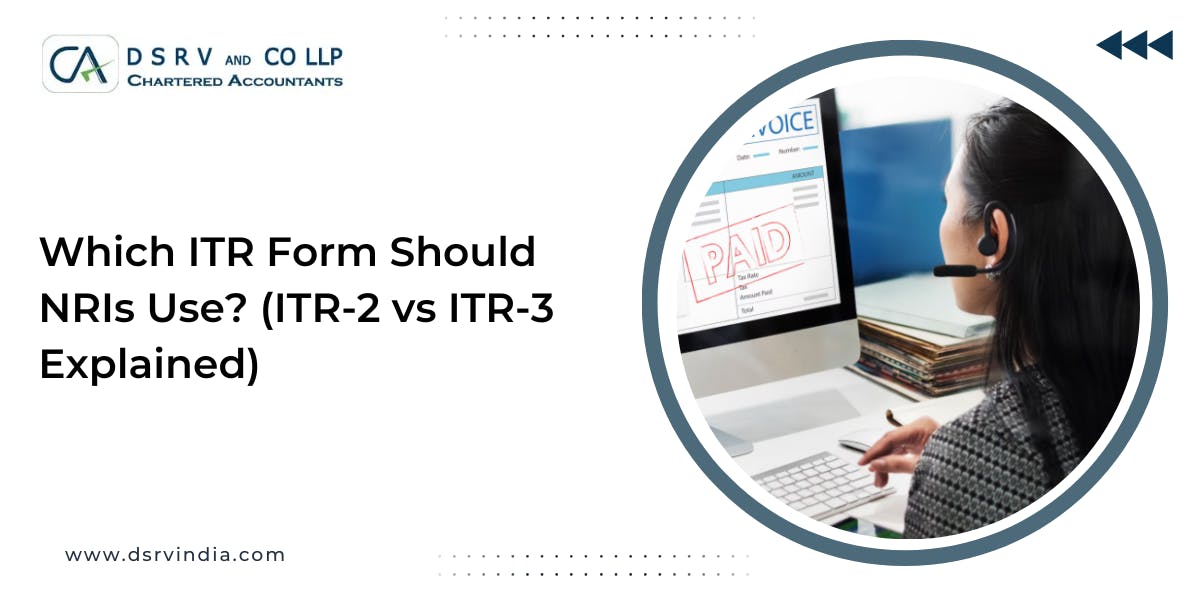Confused About Which ITR Form NRIs Should File? Here's a Simple Guide
Filing your income tax return in India as an NRI doesn’t have to be a headache. The key is understanding what kind of income you have, and choosing the right ITR form accordingly. In this blog, we’ll walk you through everything in plain English so you can file your ITR without stress or confusion.







